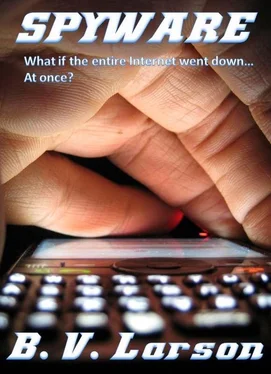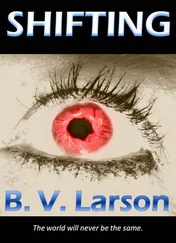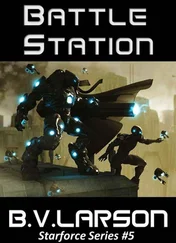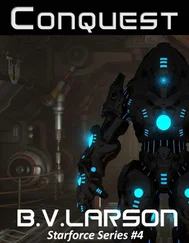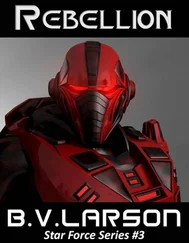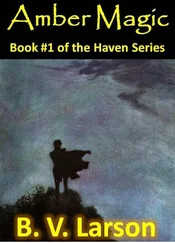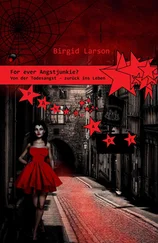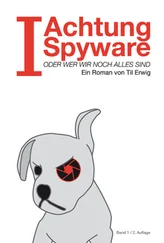B Larson - Spyware
Здесь есть возможность читать онлайн «B Larson - Spyware» весь текст электронной книги совершенно бесплатно (целиком полную версию без сокращений). В некоторых случаях можно слушать аудио, скачать через торрент в формате fb2 и присутствует краткое содержание. Жанр: Триллер, на английском языке. Описание произведения, (предисловие) а так же отзывы посетителей доступны на портале библиотеки ЛибКат.
- Название:Spyware
- Автор:
- Жанр:
- Год:неизвестен
- ISBN:нет данных
- Рейтинг книги:4 / 5. Голосов: 1
-
Избранное:Добавить в избранное
- Отзывы:
-
Ваша оценка:
Spyware: краткое содержание, описание и аннотация
Предлагаем к чтению аннотацию, описание, краткое содержание или предисловие (зависит от того, что написал сам автор книги «Spyware»). Если вы не нашли необходимую информацию о книге — напишите в комментариях, мы постараемся отыскать её.
What if the entire Internet went down… At once?
The world believes Ray Vance released the worst computer virus in history. The virus adapts and evolves like a biological creature in order to survive. Many believe it is a new life form, but one designed with an evil purpose. As the sun sets on our technological world and the entire Internet shuts down, Vance runs from the feds. He must save his family, stop the virus… and stay alive.
The world believes Ray Vance released the worst computer virus in history. The virus adapts and evolves like a biological creature in order to survive. Many believe it is a new life form, but one designed with an evil purpose. As the sun sets on our technological world and the entire Internet shuts down, Vance runs from the feds. He must save his family, stop the virus… and stay alive.
